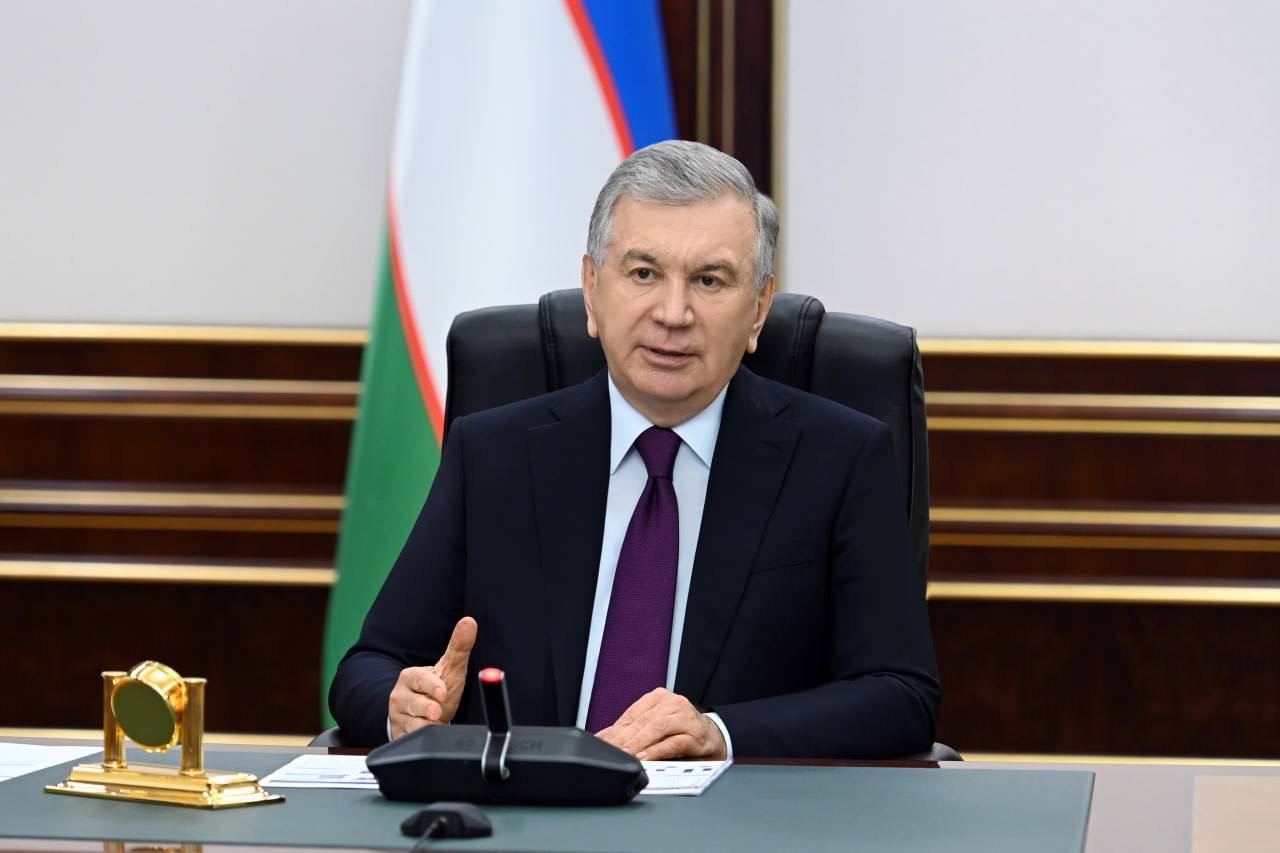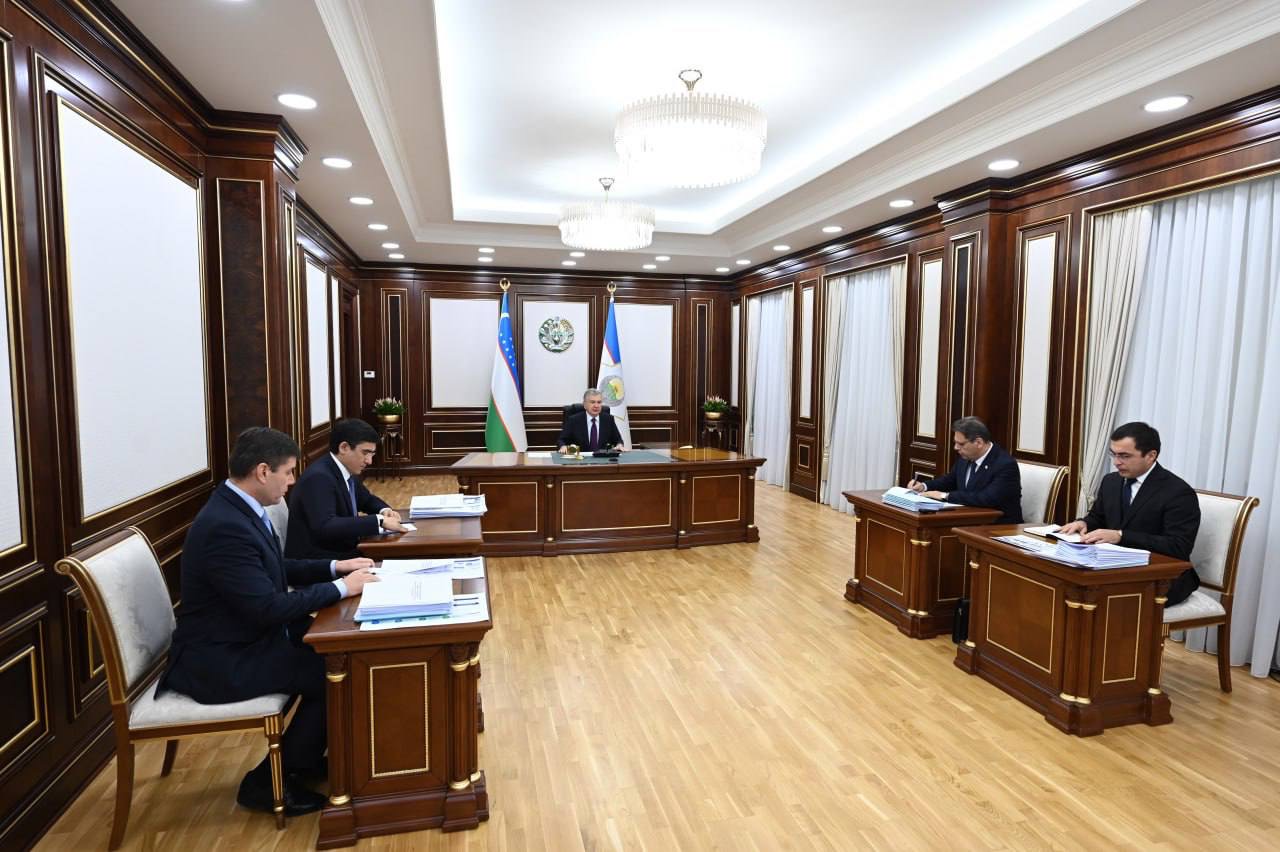The government aims to strengthen the scientific potential in higher education by 55% and improve the qualifications of 5,000 teachers through international training programs in 2025. These initiatives, outlined during a presentation by President Shavkat Mirziyoyev on January 22, stressing the critical role of higher education and science in Uzbekistan’s development.

In recent years, Uzbekistan has made strides in modernizing its education system. New universities have been established, and the quality of educational processes has improved. Last year, over 1,200 educational programs were updated to align with international standards, and fields such as renewable energy sources, environmental engineering, and biosystems engineering were introduced.
Building on this progress, the government has set several targets for the current year:
- Modernizing Programs: More than 1,000 educational programs will be updated to meet “TOP-300” university standards globally.
- International Accreditation: Forty-five programs will undergo international accreditation to enhance global recognition.
- Enhanced Student Services: Registrar's Offices will be expanded across universities, providing comprehensive support to all students.
- Dual Education Growth: An additional 50,000 students will participate in dual education programs that integrate academic learning with practical experience.
To support innovation, the number of advanced engineering schools will increase to 25, while collaboration with industrial enterprises is set to grow significantly, with a 10-fold rise in project value.

The government continues to prioritize technical education. Technical universities have already been established in Termez, Andijan, and Karshi, with plans to open institutions in Nukus, Bukhara, Fergana, and Namangan this year. By expanding 35 existing institutions, a total of 22 technical universities and 17 engineering schools will be operational by year-end.
These institutions will introduce new academic programs, connect students with industrial partners, and expand opportunities for participation in scientific and innovative projects.
Despite a rise in scientific potential from 41% to 45%, many research projects remain disconnected from modern industry needs. To address this, doctoral quotas will prioritize key economic sectors, and processes for obtaining scientific degrees and titles will be streamlined.
Registrar's Offices, introduced in 40 financially independent universities, have optimized administrative operations, reducing staff by 20% and introducing 30 types of digital services. This model will be expanded to other institutions, with plans to implement a unified digital system for educational and scientific services.
Beyond academics, the government is committed to nurturing youth through initiatives like "Five Initiatives," "Sharing Enlightenment," "Student Sports League," and "Zakovat." These programs aim to promote patriotism, community involvement, and personal development.
Follow Daryo's official Instagram and Twitter pages to keep current on world news.
Comments (0)